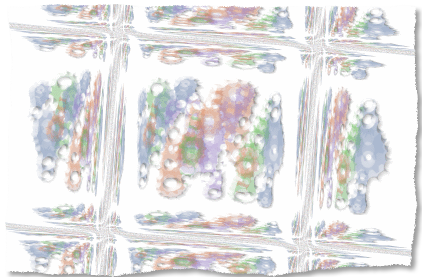
|
What |
Why / Research Rationale |
| Assign at least two mentors to the new hire, from within & outside the department.
Offer work-life resources (such as realtors, community resources, etc.) to the new hire.
Support the new hire in processing all paperwork, including securing start-up funds, lab-space, equipment, and all Human Resources forms.
Ensure timely adherence to all negotiated items in the offer letter.
Maintain open communication with the new-hire’s mentors to ensure that nothing falls through the cracks.
|
Provide support networks: Underrepresented groups, members of stigmatized groups, or women who are in positions of solo-status in their departments may feel more distinctive and less satisfied with their jobs. Indeed, the “spotlight” feeling may mediate job satisfaction (Niemann & Dovidio, 1998).
Retention: Mentoring can be an effective strategy in improving retention of underrepresented faculty (Girves, Zepeda, & Gwathmey, 2005). Furthermore, the benefits of mentoring are reciprocal and benefit the institution as well by cultivating a sense of institutional ownership and belonging in the mentee. (Schrodt, Cawyer, & Sanders, 2003).
Simple, often taken-for-granted, factors can contribute to the success of new faculty (ADVANCE focus groups, 2004):
|
 URI Homepage
URI Homepage






